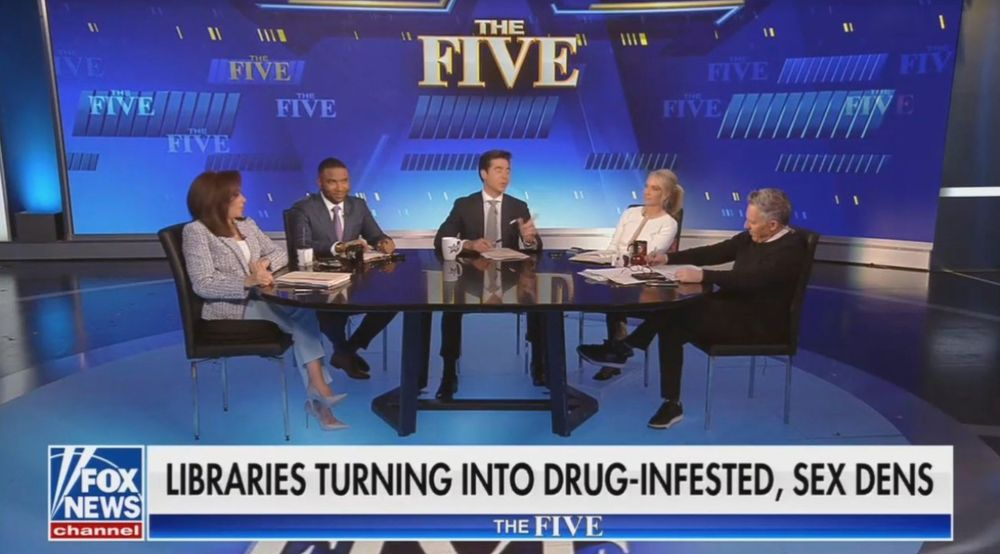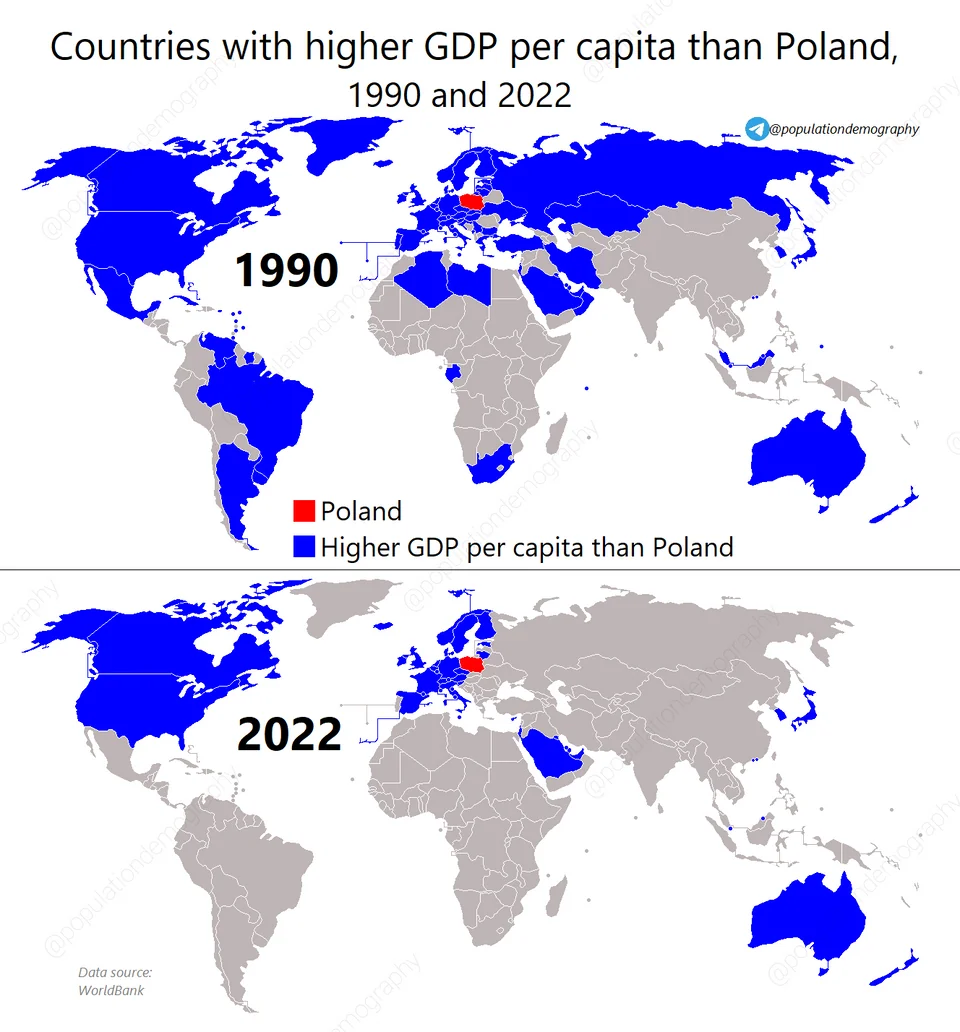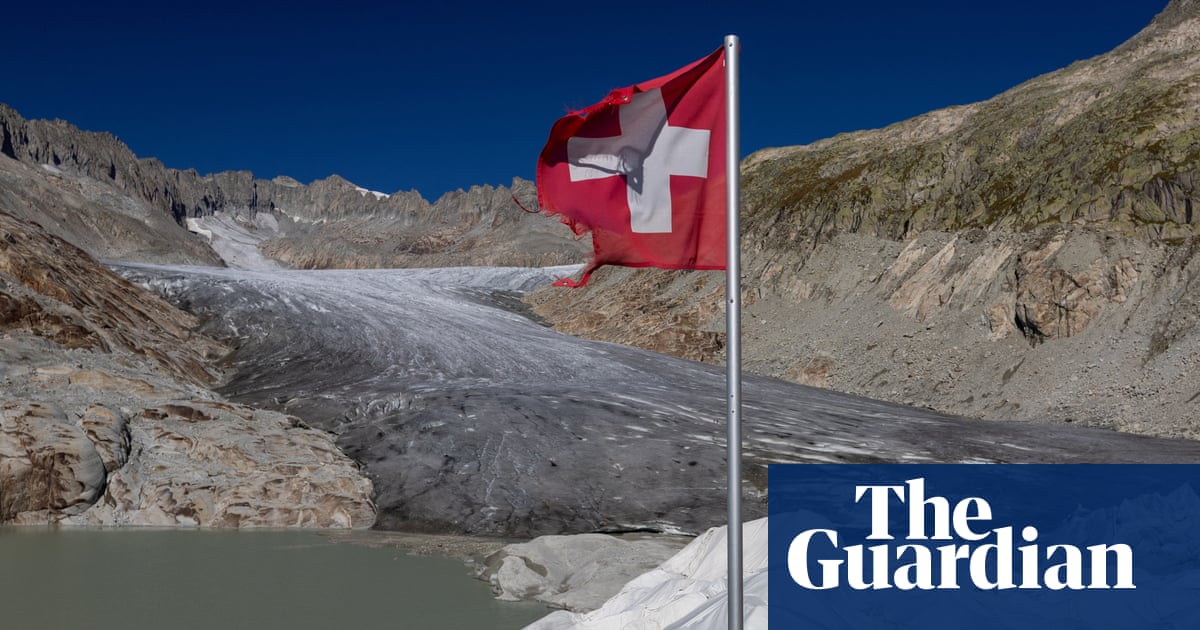

While on the one hand I can agree there’s a place and time to be present and participate appropriately, on the other hand it’s so goddamned tiring to see politics that in situations of nuance zoom in on ‘control them’ as a thing everyone can rally to as if the solution of phone control was really going to be simple and accomplish its objectives.
I mean, criminalizing drugs seemed on its face to be a simple-enough thing to do, and a good idea- who could object to that, right? Who favors addiction, right? What could go wrong? Fundamentally, the ask for enough power to ban anything isn’t a trivial ask, and it shouldn’t be undertaken lightly.

























The US Constitution, on the other hand, does not oblige the federal government to recognize the electoral votes or congressional delegates of a state that does not enfranchise its citizens and submit to their will in the form of their votes.
The Guarantee Clause (article 4, section 4) of the constitution requires that state governments take the form of a republic, versus that of a theocracy or monarchy or dictatorship. (All republics involve some degree of democracy). Section 2 of the 14th Amendment says that if states deny citizens the right to vote, those states shall lose their representation at the federal level- that is, if you’re not a democracy that submits to the will of its voters, you can do that but in the process your electoral college votes and ability to send congressmen to DC goes away- and your state will lose its ability to influence federal law and to elect federal officials.
Of course, the current SCOTUS is likely to find some way to assert that anything giving the GOP political advantage must be what the framers would have wanted no matter how many ways they told us unambiguously they fucking wanted government derived from the consent of the governed.